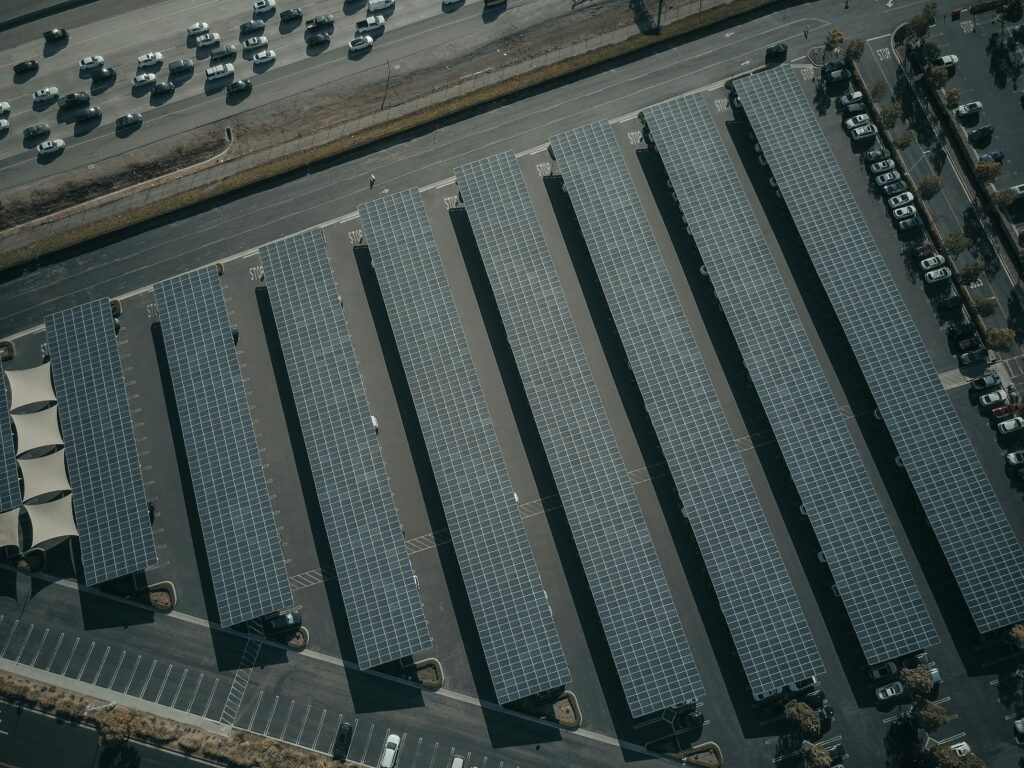American energy officials are raising red flags after discovering undocumented radio modules in Chinese-manufactured solar inverters. These hidden parts, not listed in any technical manuals, may allow remote access to power systems and could bypass firewall protections. The U.S. Department of Energy is now reviewing the potential risks to the national electric grid and other critical infrastructure.
Secret Access Routes Raise Security Questions
Solar inverters play a key role in managing electricity from solar panels, battery storage, and electric vehicle (EV) chargers. These devices are normally protected and only allow updates or control through secure channels. But the newly discovered modules may create alternate communication paths.
“This could be a built-in way to harm the grid,” one official warned. These hidden channels, if activated, could allow outside control or even lead to power failures. Investigators say the risk lies not only in the software, but in the hardware itself.
No Public List of Brands or Devices
So far, no specific brands or manufacturers have been named. It is also unclear how many units are affected or where they are installed. The U.S. government has not released an official statement, but internal reviews are ongoing.
Security experts note that Chinese law requires tech companies to support national intelligence services if asked. This legal obligation increases worries about whether some devices could be used for foreign surveillance or cyber attacks.
Huawei’s Global Role Still Raises Concerns
Huawei, a major Chinese tech firm, left the American solar inverter market in 2019 after facing security concerns. Still, the company remains a major global player. In 2022, Huawei held 29% of the world’s solar inverter market, according to research firm Wood Mackenzie.
In a recent statement, Huawei’s Austrian office insisted its products meet all European safety and data protection rules. The company denied including any hidden access points in its devices.
European Energy Systems at High Risk
Experts say the problem may not be limited to the U.S. In Europe, more than 200 gigawatts of solar power rely on Chinese-made inverters. That amount of energy equals the output of 200 nuclear power plants.
By the end of 2023, Europe had a total solar capacity of 338 gigawatts. Even gaining control of a small share could cause serious disruptions. “Targeting just a few gigawatts could take whole regions offline,” said one cybersecurity analyst.
The European Solar Manufacturing Council has expressed concern about long-term reliance on foreign hardware. It has urged governments to invest in domestic production and better testing for all imported technology.
Broader Implications for Grid Security
The discovery of undocumented modules comes as nations push to expand their renewable energy systems. Solar power is central to many countries’ green energy plans. But experts say the push for low-cost imports has opened the door to possible security threats.
“As we move toward cleaner energy, we must also keep it secure,” a Department of Energy official said. The agency is now reviewing all imported inverter models for similar vulnerabilities.
This latest case highlights the need for stronger testing, better oversight, and closer cooperation between energy and cybersecurity agencies.
As solar power grows across the globe, so do the challenges of protecting the electric grid. The discovery of undocumented radio modules in Chinese solar inverters has triggered urgent investigations into foreign access risks. While no attacks have been reported, the warning signs are clear.


